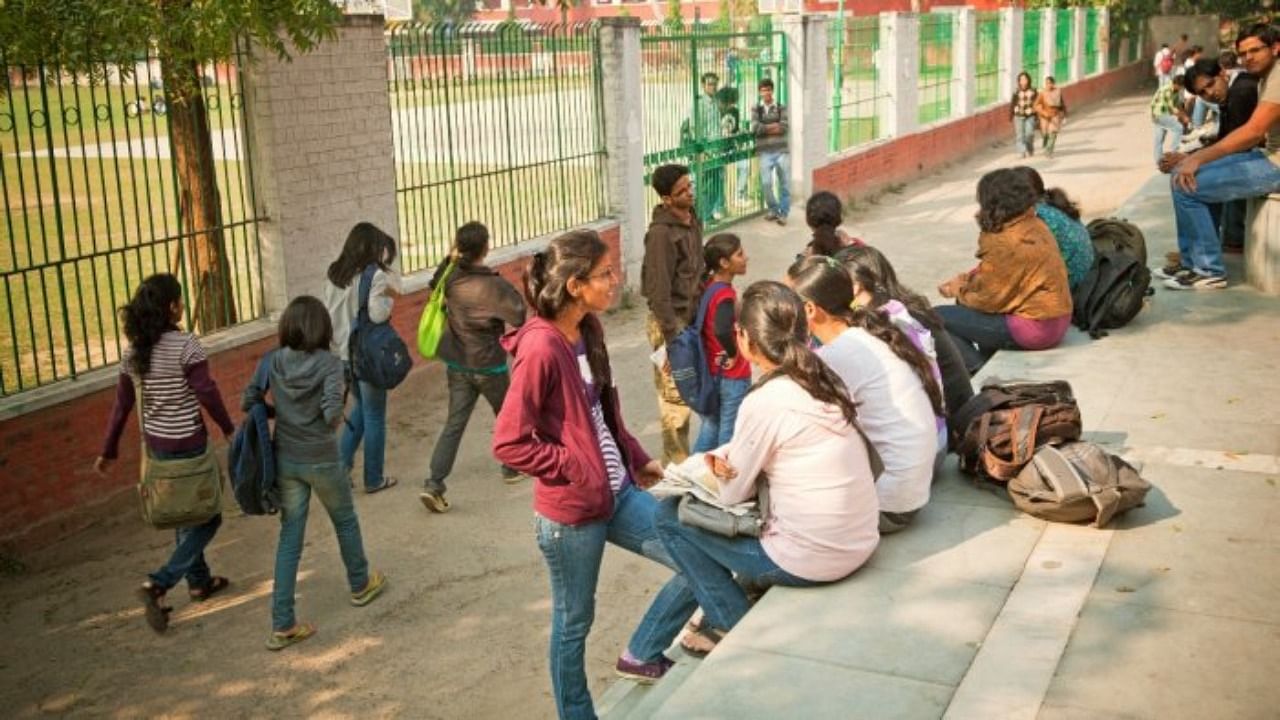
The vacancies in top positions in a large number of technology institutes and universities in the country are a matter of concern as they may lead to functional and operational difficulties in many of them. The government told parliament that seven Indian Institutes of Technology (IIT) and 22 National Institutes of Technology (NIT) have no chairperson of the board of directors. Over 20 Indian Institutes of Information Technology (IIIT) are also working without a chairperson. There are also over 39,000 vacancies, including those for 13,791 academic positions, in centrally-funded universities and institutes. The vacancies have arisen because of retirements, resignations, or additional requirements. Whatever be the reason, they can paralyse the working of these institutions or some departments and adversely affect academic and other activities on campuses. In some cases, the charge of the vacant position is held by those from other institutions. This will put additional burden on those who officiate in the vacant positions and affect the quality of their work.
It is unfortunate that so many positions are lying vacant. The fact that there are such a large number of them shows that they have accumulated over a period and steps were not taken to fill up the vacancies in time. It will now be difficult to find the right persons for so many of them in a short period, and the vaccines will keep rising. There is no explanation from the government about why appointments were not made and what efforts are being made to fill up the vacancies. These are among the country’s top academic institutions and are more accessible to students who cannot afford the high fees and expenses in private institutions. The country has always lagged behind in the standards of higher education, and there is no institution which enjoys top ranking in the world. Poor human and physical infrastructure and inadequate academic facilities are the main reasons, and there is no better pointer to their state than these vacancies.
The situation is worse at lower levels like colleges and schools. A UNESCO report on the state of education in India in 2021 had said that the country was short of 1.1 million skilled teachers in schools. Many teachers were under-qualified. The terms of service of many of them were not attractive. The situation has not changed in the last two years. This will have a serious impact on education. The demographic dividend that is being talked about depends mainly on the health and education of the young generation. If children and young women and men do not have access to good education, the expected dividend is bound to turn into a liability.